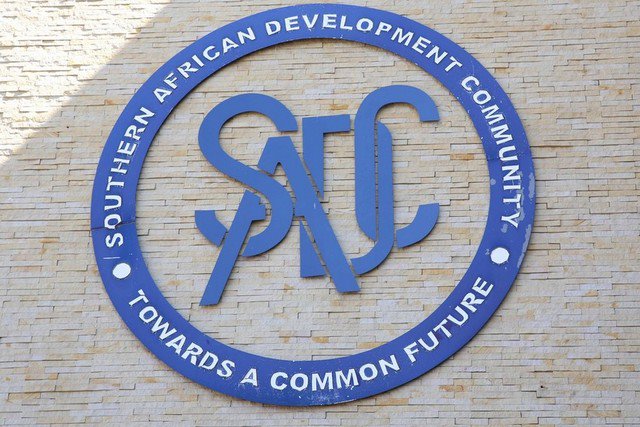• The Protocol aims to encourage increased intra-regional trade in services.
• Barriers to trade in services are found in the way that nations regulate services.
• State Parties guarantee to extend to all SADC State Parties the best conditions for trade.
Southern African Development Community (SADC) says the SADC Protocol on Trade in Services that entered into force on 13th January 2022 provides the framework for a preferential trade agreement covering all commercial and tradable services in any services sector.
SADC Executive Secretary Elias Magosi in his notification to 16 Member States of SADC, said the Protocol aims to encourage increased intra-regional trade in services through the gradual removal of unnecessary or over burdensome regulation affecting the cross-border supply of services within the SADC region, a process known as progressive liberalization.
Mr. Magosi noted this Protocol, which had been long in its development, was a major new building block in the legal structures of SADC, and a vital complement to SADC’s regional trade agenda.
He said services account for more than 50% of Gross Domestic Product in most SADC Member States, and as well as being economically important in their own right account for an increasing share of value addition in the production of goods.
Welcoming the entry into force of the Protocol, The SADC Executive Secretary said “I welcome its entry into force, urge those Member States that have yet to ratify it to do so and complete the SADC family of those who have, and encourage an ambitious outcome to the second round of negotiations that are now under way”.
According to SADC, Barriers to trade in services are found in the way that nations regulate services, e.g. through a country’s banking or transport laws, where measures may be found that limit the ability of foreign services suppliers to trade freely across borders, or which discriminate against foreign service suppliers within the market place and distort competition in favour of domestic suppliers.
The regional Trade Bloc further explained the Protocol offsets the general and specific obligations binding the ratifying or acceding Member States referred to as “State Parties” to grant each other preferential market access and non-discriminatory “national” treatment for SADC service suppliers.
It said the State Parties guarantee to extend to all SADC State Parties the best conditions for trade that they grant to one SADC State Party or a non-State Party, including non-SADC countries.
“In addition, State Parties guarantee that the same market access conditions for particular services and service suppliers, as set out in their accompanying sectoral commitments, will not be made more restrictive or discriminatory compared to their own like comparable domestic services and service suppliers,” it sated







